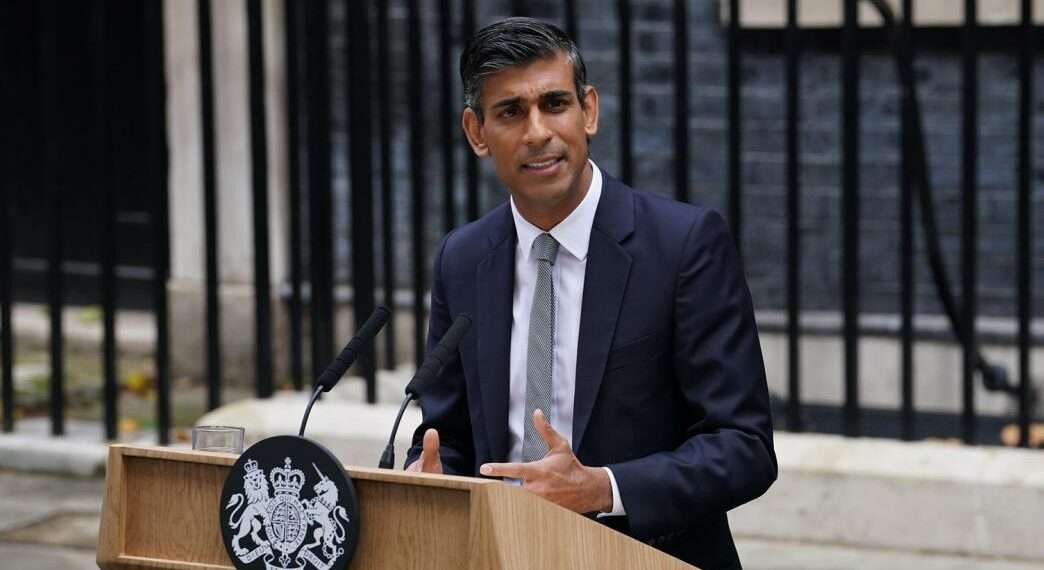Prime Minister Rishi Sunak has refuted claims that the Conservative party is leveraging gender recognition laws to instigate a culture war during the election campaign.
Sunak insists that the proposed changes are designed to safeguard “the safety and security of women and girls and the wellbeing of our children.”
“The Equalities Act was passed over a decade ago. What’s clear today is that there’s a lack of clarity, and that’s risking the safety of women and girls.”
Rishi Sunak
He emphasized that the proposed amendments to the Equalities Act would redefine sex as biological sex.
“This change will allow providers of single-sex services and single-sex spaces to protect women and girls and ensure their safety and security,” he added.
The debate was further ignited by a social media post from the Conservative Party stating, “We know what a woman is. Keir Starmer doesn’t.”
This post referenced Labour leader Keir Starmer’s stance on gender issues, highlighting the ongoing political friction over the topic.
Sunak faced criticism for previously declining to apologize to the family of Brianna Ghey — a murdered transgender teenager — after making a controversial comment about trans rights.
He defended the new policy as an extension of the Conservatives’ record of handling such matters with “sensitivity and compassion.”
When questioned about why the government had not amended the 2010 Equalities Act during the 14 years of Conservative rule, Sunak responded that the announcement was part of “the incredible progress we’ve made in this truly evolving area.”
He pointed to recent strides, including new guidance for teachers and schools on handling gender issues, which emphasized the role of parents in these conversations. “This guidance was widely welcomed by children’s campaigners,” Sunak noted.
Controversial Gender Bill Blocked by Westminster
The Prime Minister also addressed the Scottish National Party’s (SNP) attempts to introduce self-identification for gender recognition, a move blocked by Westminster.
The SNP bill sought to streamline the process for obtaining a gender recognition certificate (GRC).
This certificate eliminates the need for a psychiatric diagnosis of gender dysphoria and reduces the time required for someone to live in their gender before applying.
Proponents argued that this would ease the distress many transgender individuals face, but critics warned it could compromise the integrity of women-only spaces and expose them to potential abuse.
The bill, which had gained cross-party support in the Scottish parliament — including from the SNP, Labour, Scottish Greens, Liberal Democrats, and Conservatives — was ultimately halted by Westminster intervention.
Scottish ministers abandoned legal action to overturn this decision in December 2023.
Adding to the complexity of the debate, Equalities Minister Kemi Badenoch faced scrutiny over the practicalities of the proposed changes.

When asked about the type of documentation that would be required to prove someone’s biological sex at birth, Badenoch responded, “This is not a paperwork issue. This is a practical issue.”
Pressed further on how this would apply to prison assignments based on biological sex, she asserted, “The fact of the matter is the prison authorities will know. They will know.”
The controversy surrounding gender recognition laws continues to provoke strong reactions from both supporters and critics.
As the election campaign progresses, the Conservative Party’s stance on this issue is likely to remain a focal point of public and political discourse.
While the government maintains that its proposals aim to clarify and protect, opponents argue that they risk deepening societal divisions and stigmatizing transgender individuals.
The unfolding debate will undoubtedly shape the broader narrative of gender and equality in the UK.























